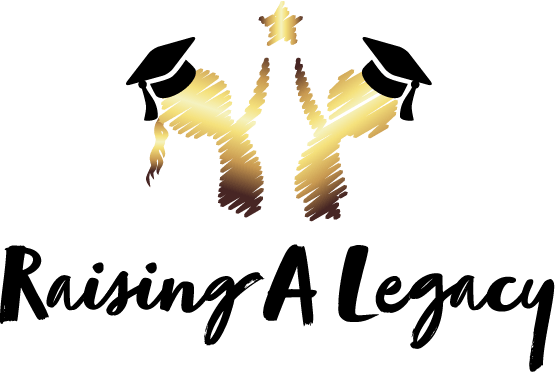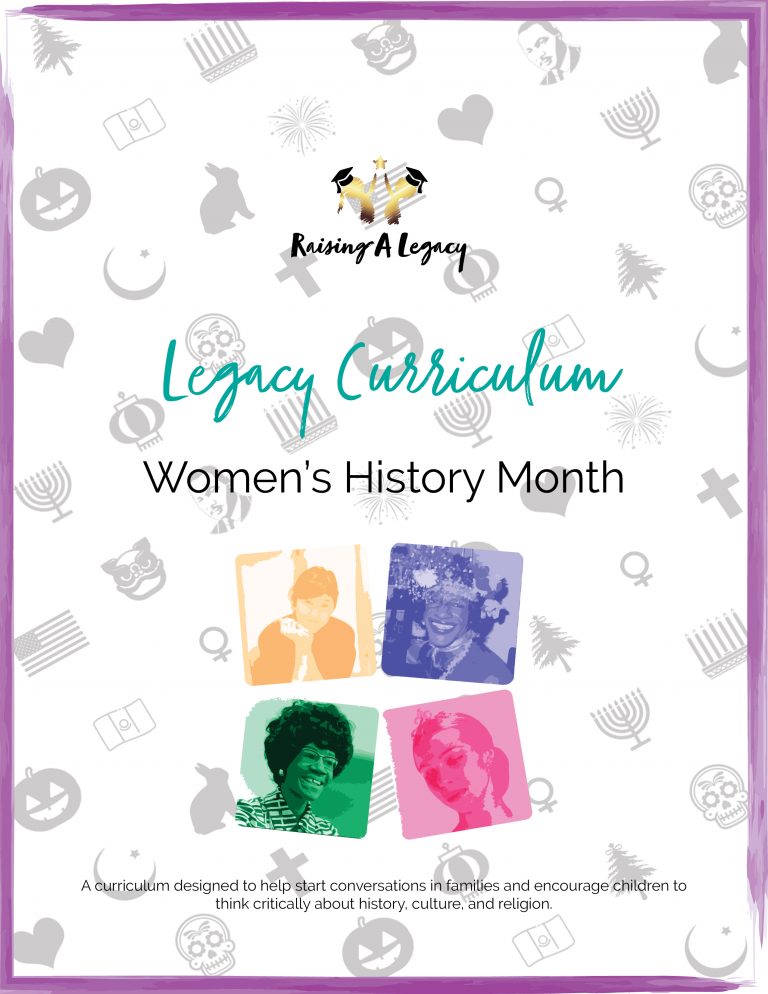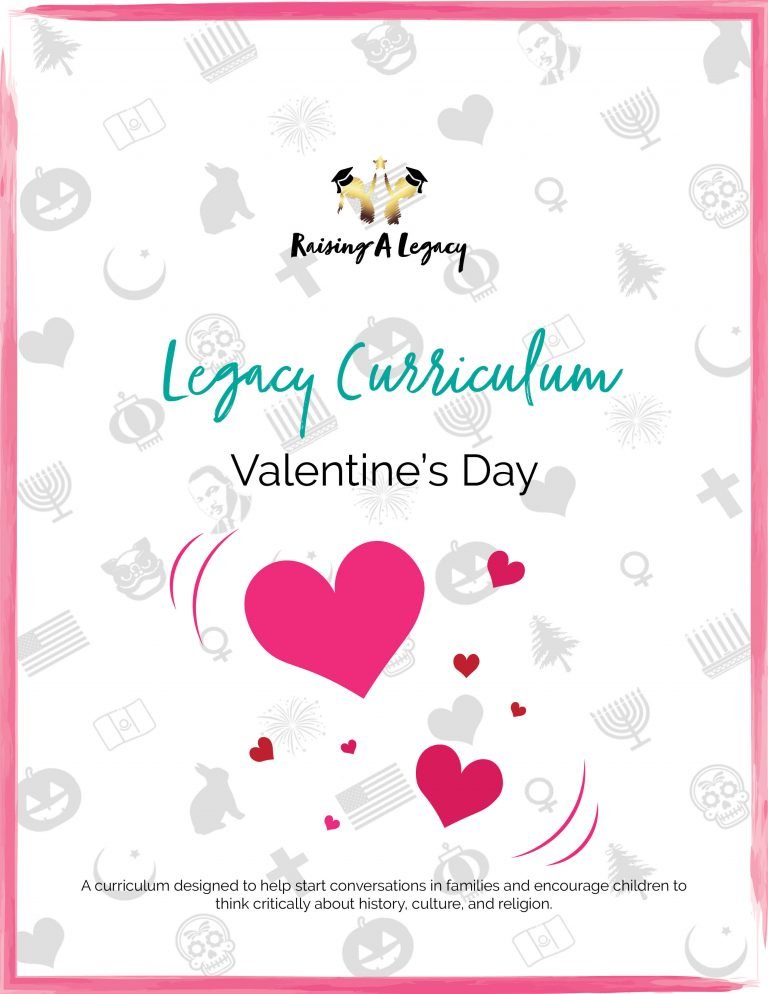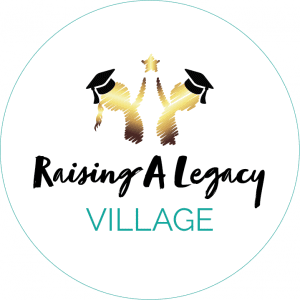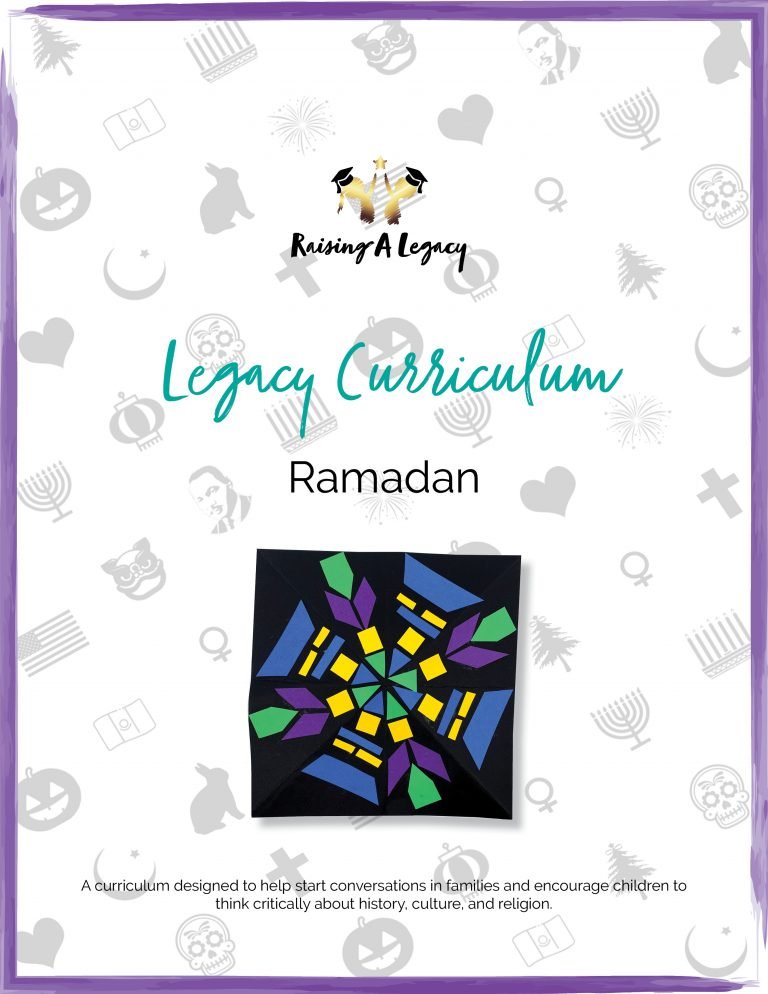
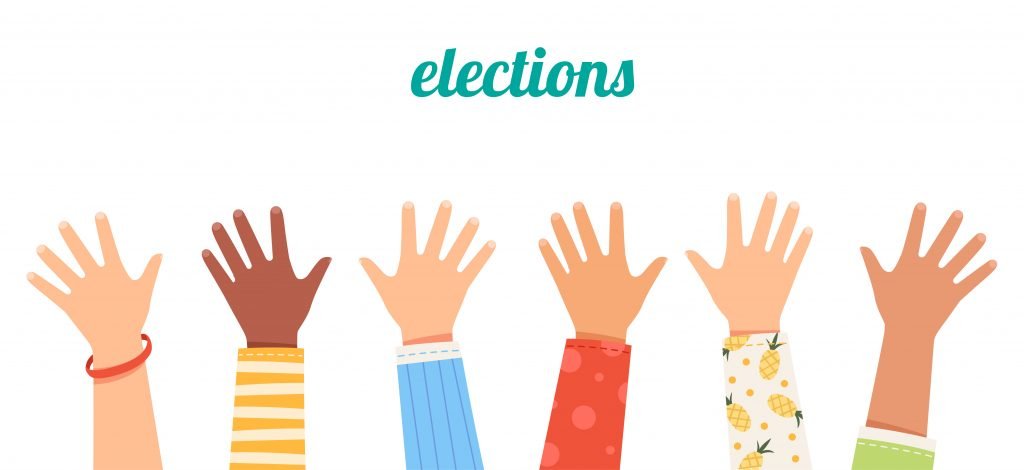
Here's a list of resources to help you teach your elementary-aged children about elections, voting, their rights, and how to be active citizens.
Raising Your Child to be Educated and Active In the Current Election
It’s an election year and you know what that means for homeschoolers?! A new topic to dive into! I put together a list of resources to help you teach your elementary-aged children about elections, voting, their rights, and how to be active citizens.
- Election Day and Electoral Process from Kiki’s Classroom: This is an extensive packet that goes through the whole election process in language that your child will understand, and so will you!
- Elections from Scholastic: Create a mock election and other ideas to help teach younger children about how elections work.
- Smart Songs: These catchy tunes discuss social studies-related topics. Here is one about voting link and another about political parties. link
- Democrats vs. Republicans from Read Like A Rockstar and Education with an Apron: A guide that gives a non-bias explanation of what democrats and republicans stand for and believe in, and has accompanying activities.
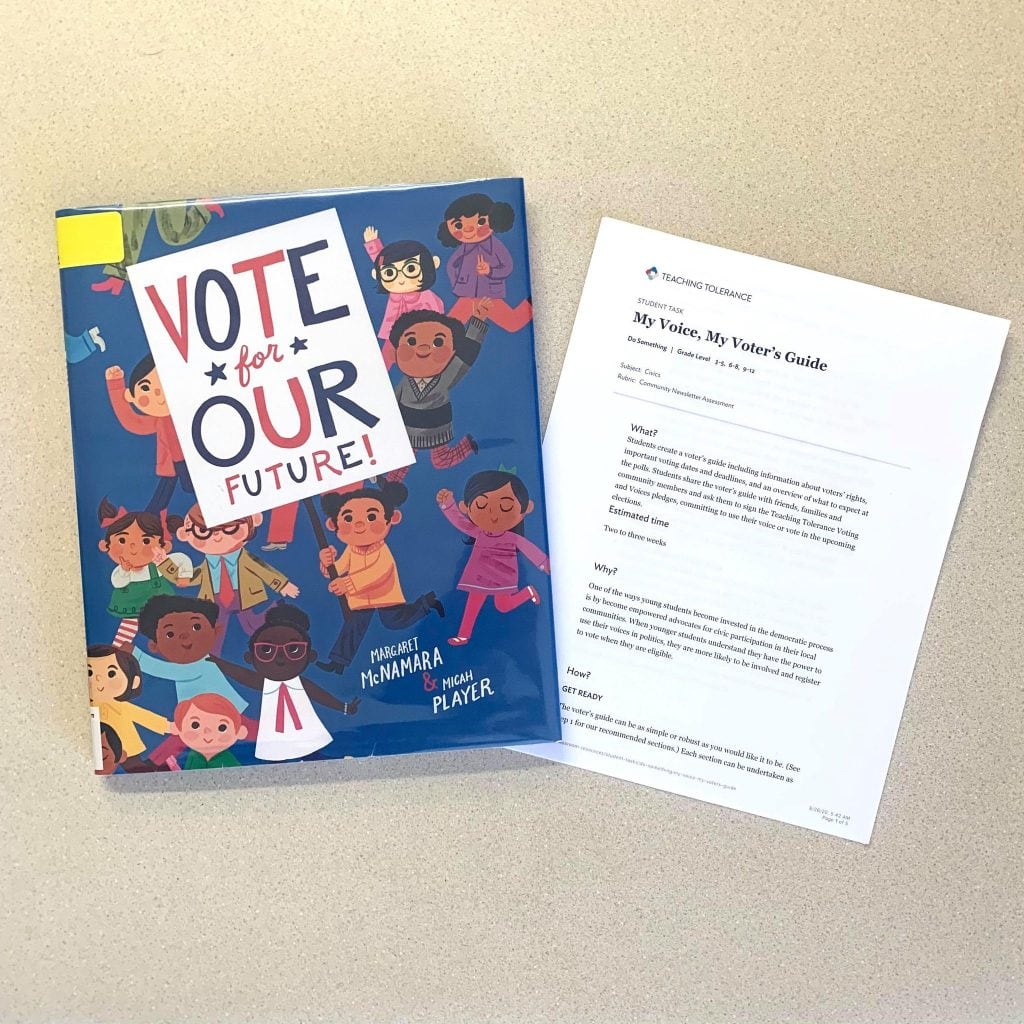
- Vote for Our Future!: A fun book about being active in voting for kids.
- Postcards to Voters: Get your child involved in encouraging people to vote by sending postcards to registered voters! (This program only sends to Democrats.)
- My Voice, My Voter’s Guide from Teaching Tolerance: Create a voting guide to share with family and friends by researching voting practices in your state.
- Who Gets to Vote? from Zinn Education Project: This is for older children but parts can be used for younger levels. It provides a very thorough overview of voter suppression.
- “Why Is This the Only Place in Portland I See Black People?”: Teaching Young Children About Redlining from Zinn Education Project: A role-playing activity about what redlining is.
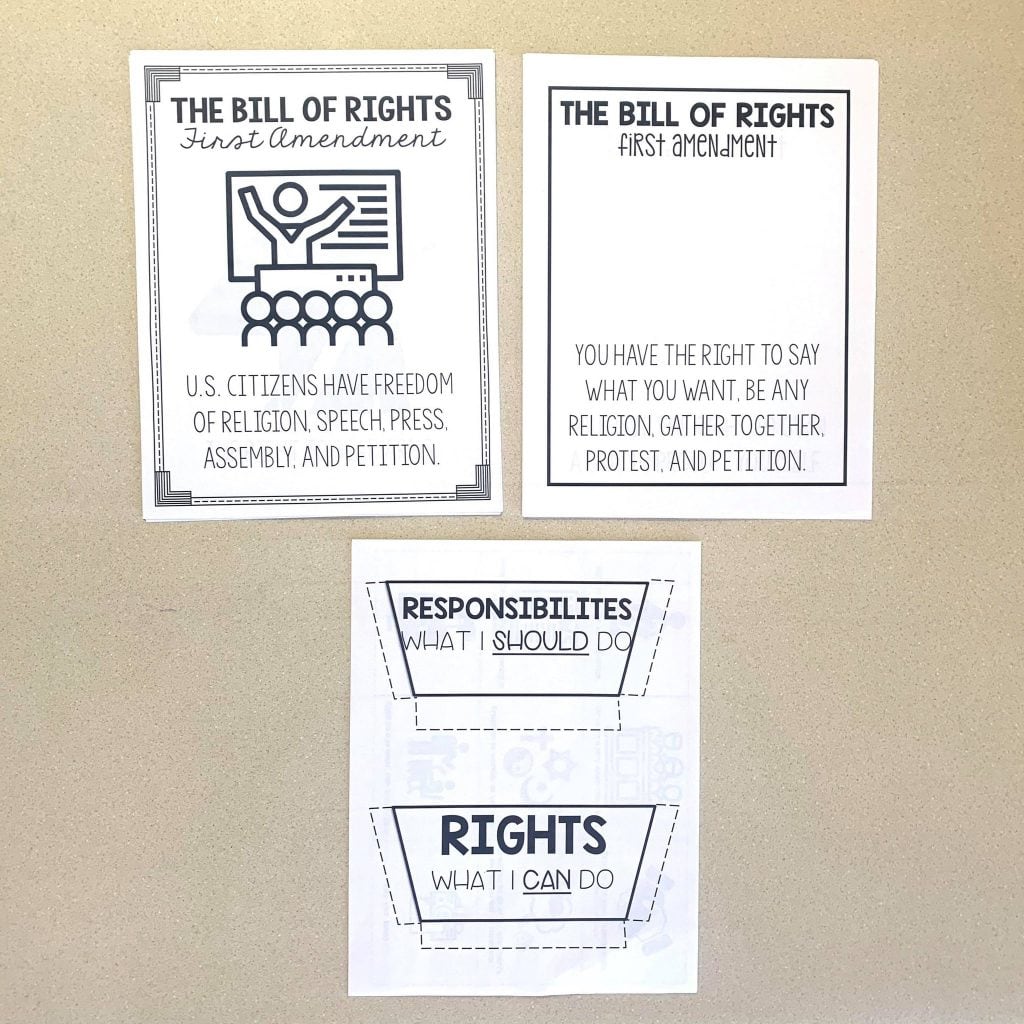
- The Bill of Rights and Rights vs. Responsibilities of Citizens from Read Like a Rockstar and Education with an Apron: These units are part of the social studies bundle for May. They go over the rights and responsibilities you have as a citizen and the Bill of Rights. I love how the Bill of Rights has multiple ways for learning that can be used for a range of skill levels!
- Do I Have a Right? from Brain Pop: I’m not a big video game advocate for young children, but I like the premise for this game. It presents people with different scenarios looking for legal advice. You get to decide if they have a right or not based on their situation.
- We the People: The United States Constitution Explained and Explored: A colorful and engaging book providing a breakdown of the Constitution.
- The Constitution for Kids: This is such a valuable resource I thought I would include it! It’s a lengthy document explaining the entire constitution in easy to understand language. It also includes background and primary sources related to each article.
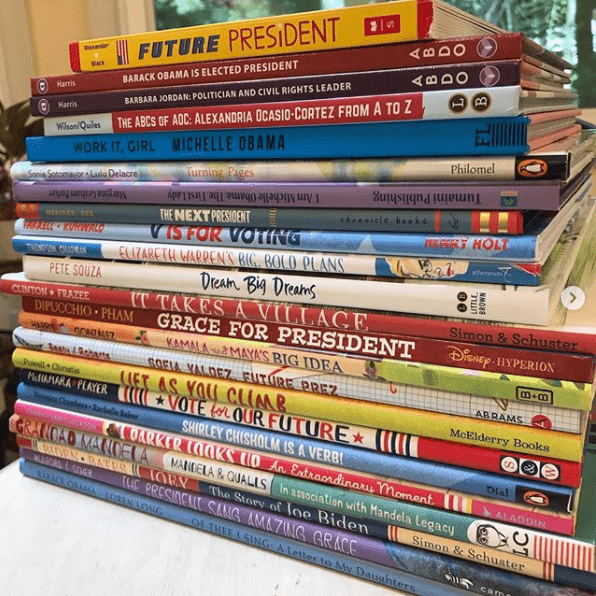
Lastly, I wanted to share a powerful post by Charnaie from Here Wee Read that really resonated with me. She highlighted how teaching civics and about the election works in her family. Please read the full post here. @hereweeread
She suggested:
- Issues, not politics: focus on issues not the politics behind them
- Start with local issues in your community: these are things that are going to be more tangible and relatable to your children
- Present a neutral opinion: raise your children to critically think and form their own opinions
I hope you find these resources helpful! Do you have any you would like to add?
Subscribe!
Get updates on what’s happening here at RAL.
Curriculum Packets
Find the perfect story and the activities to match.
-
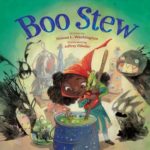 Boo StewDecember 7, 2021/0 Comments
Boo StewDecember 7, 2021/0 Comments -
 WarDecember 7, 2021/
WarDecember 7, 2021/ -
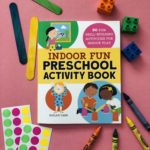 Indoor Fun Preschool Activity BookDecember 7, 2021/
Indoor Fun Preschool Activity BookDecember 7, 2021/
Tags
activities
activity
african american
african american history
america
american history
black history
black history month
book
book review
books
Christmas
craft
create
culture
diverse books
diversity
famous women
fun
glue
halloween
hard topics
history
inclusivity
juneteenth
kids
learn
learning
math
origin
racism
read
reading
religion
science
slavery
slaves
thanksgiving
tradition
united states
voting
water
women
women in history
Women’s History Month
Categories
- Create
- History Curriculum Reviews
- Learn
- Read
- Black History Month Books
- Book Reviews
- activity book
- asian american and pacific islander
- black history month
- Cancer
- national hispanic heritage month
- Native American Heritage Month
- nurse week
- Picture Books
- Podcasts
- Pride
- Problematic Books
- Science
- Social Studies
- social-emotional learning
- Valentine's Day
- womans history month
- Women's History Month
- young adult
- Christmas Books
- Cinco de Mayo Books
- Halloween Books
- Hanukkah Books
- Juneteenth Books
- Kwanzaa Books
- Thanksgiving Books
- Valentine's Day Books
